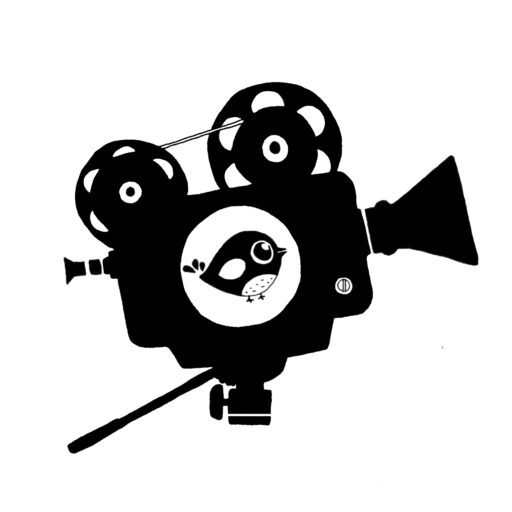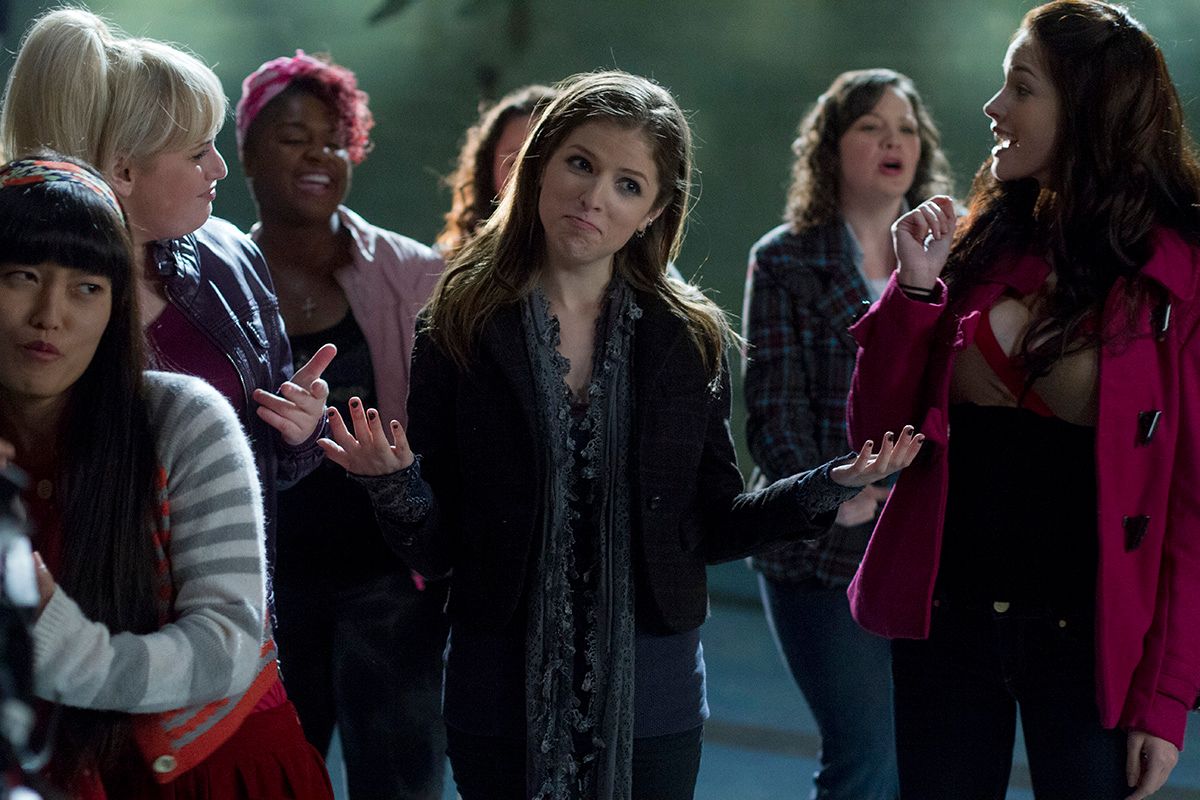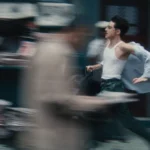In 2020, in the middle of lockdown, I published an article about my struggles choosing films – comfort, or something new for the cineaste? Five years later, it’s time to reflect on what’s changed.
2020: I have a habit of repeat watching, and sometimes this is for a purpose I believe to be valid. When people kept praising Call Me By Your Name, I rewatched it to see whether my indifference to it could be changed (it could). When I had a discussion with someone about whether one should separate the art from the artist vis-à-vis the current climate around #MeToo, I rewatched American Beauty to test whether my love for Kevin Spacey’s performance as middle-aged suburban husband Lester Burnham could be faltered (it couldn’t, although that’s a whole other debate). I have also rewatched The Shining three times, each time aiming to up my opinion of it, each time succeeding just an ounce but never quite adhering to the craze.
2025: At the tender age of 25, I now recognise The Shining’s timelessness but choose to stand by the main criticism I have of it, which I understood only two years ago: it is not scary to me because, unlike the book, Jack is not driven insane by The Overlook Hotel. He was already crazy – and to me, that breaks the entire illusion.
2020: At other moments though, I know I am repeat watching for the wrong reasons, the primary one being a fear of being forever changed by a film. Of course, that is the point of cinema, but I don’t mean the ‘adopting a new way of living’ or ‘seeing the world as it actually is’ type of change. The deal is, simply put, that I am often worried that a film will make such a strong, haunting impression on me that the credits will roll to a blubbering mess, scarred by the film that has brought up every trauma a twenty year old has to her name.
2025: I still stand by this, but this fear has dissipated in recent years as I have made cinema going a weekly occurrence – what I fear more so now is that a film is “the wrong one” for my particular mood on a set day. Nevertheless, I do still shy away from certain dramas that have themes I know I will find very certainly depressing.
2020: My grandmother for instance still discusses her experience with A Clockwork Orange, which I was not fazed by in the slightest, and John Carpenter’s Halloween had one of my friends checking for Michael Myers in her wardrobe for years. Such stories have made of spectatorship for me a type of risk, as though I could at some point watch a film that indelibly alters me in a supernatural kind of way. Some over the years have succeeded – the soundtrack of It Follows haunts me to this day – but I am often reluctant to discover any new ones that might affect me so badly I am unable to function properly (a worst case scenario, but not unlikely).
2025: The It Follows soundtrack still does haunt me.
2020: Lockdown was the opportunity to finally catch up on all of the classics I had somehow avoided or missed out on watching. There was one catch though: with my tentative approach to film in my most sensitive of moments, choosing a film during a global pandemic became what I started to nickname the cinematic pendulum. With the amount of emotions weighing on the world’s shoulders, picking a film ended up becoming a heavy vacillation from one extreme to the other. At one end, I was buried in the comfort of familiar films, films I knew would not affect me or change the fragile quality the world around me had taken on. I was not one to watch a three hour gruelling Argentinian misery during a global pandemic when I could have been curling up with Gaylord Focker and Bridget Jones instead. So it was that, locked down with my film fanatic roommate and not-a-film-fan-but-open-to-anything boyfriend, we set out on multiple film franchise marathons I was sure wouldn’t panic or offend me (at this point, I am to be treated like an elderly woman or a very young child). There was the week of Harry Potter, closely followed by The Conjuring and Annabelle universe (horror films, although as much of a risk as any, often don’t have that deeply introspective quality I believe will send me off the rails).
2025: This is perhaps the most incorrect sentence of the entire essay – horror has become my favourite genre in the last five years precisely because it is the most introspective genre to exist. The Conjuring is not necessarily reflective of that but – and this does not exclude other famous horror that have graced screens for decades – the 2020s have seen an uprising in the most excellent of social commentary horror, from Get Out to Hereditary, masterpieces that highlight the most human and most gruelling of traumas, injustices and emotions, and force us to watch.
2020: There was the day after we sent in our essays that we decided to have a ‘crap film day’, during which we watched Showgirls, set out for the second one, then watched the trailer and thought it looked like a student film, so opted for The Fanatic instead. Those were the days when I typed in feel-good and comedies.
2025: Showgirls being “feel good” is an interesting take, but it is nevertheless still high up in my favourite films. Discuss. Maybe it’s time for me to watch it again.
2020: At the other end of the extreme, I was voracious for fresh outlooks on life, films I should have watched long ago but somehow hadn’t. So it was that there were the MUBI days, where we made our way through all of Celine Sciamma and the Vengeance Trilogy. There were the films I finally got around to (Scarface), that I watched alone, for university (My Beautiful Laundrette), for personal reasons (Walk The Line), because I was told to (Bande à Part).
2025: It’s interesting that none of these films have really stayed with me. Funnily, the one I most associate with lockdown is a Brazilian film called Bacurau. I have no memory of its story, and had to google “Brazilian film about death” to find its name – and yet it’s the first one I think of when I think of days spent at home in 2020.
2020: I realised that none of these films haunted me as I had feared they would – they might not have been doing the same pick-me-up job Forrest Gump found a walk in the park, and Walk The Line had me in floods of tears, but they did nothing but deepen my love for cinema. And even if some of them weren’t exactly what I needed – Peter Jackson’s Bad Taste didn’t exactly do it for me – they were still there, a part of the mosaic of cinema I was crafting for myself along the way. This did not take away the sense of culpability that repeat watching creates in me though. Every time I watched a Friends or gave in to The Devil Wears Prada, I felt like I was taking a step back and being a ‘bad cinema lover’.
2025: This still happens, but I am pleased to say that, because I now watch so many new films, I know that when I watch a comfort film, it is because I need it. Done are the days pushing myself to watch an obscure drama “just because”. I can recognise when I need something heartening and when I can face the music.
2020: But it was at the heart of lockdown that I realised that, all worries aside, rare are the films that come along and destabilise our – albeit sometimes fragile – states of mind. Perhaps I was simply being a romanticised, sensitive cineaste whose life is always so aggressively impacted by the heart-wrenching qualities of an old French film, forever destined to a life of misery and endless self-reflexion. But as I see it, it could go both ways. If my reaction to Sing Street was to fantasise about being in an 80s style rock band and change my hair colour, why couldn’t a film take me to the other extreme of the cinematic pendulum, forcing me to obsess over a particularly disturbing scene night and day? Our minds are quick at capturing images, and even quicker at reminding us of them.
2025: Of the recent films I have watched, many have enchanted me or made me feel deeply, but very few have scarred or upset me for days on end. Perhaps the closest was Kathryn Bigelow’s House of Dynamite, which opened my eyes to the volatility of nuclear destruction. Others included the car scene in Weapons (good gosh, watching that woman appear from the doorway and saunter her way out makes my skin crawl), the existential conundrum of 127 Hours and that all-pervading masterpiece, Schindler’s List, which did not scar, but stayed very heavily with me for months afterwards, though I wonder whether this is not more so about the scale of the project.
2020: But maybe after all is said and done, such speculation can simply be put down to laziness and a need to constantly be at ease by what appears on my screen. In the comfort of my own home, lockdown taught me to risk it a bit more. I still give in to a How I Met Your Mother or Call My Agent episode during breakfast. But that’s just treating myself and as I’ve learnt to get out of the familiar, I’ve also learnt to give myself a little leeway. My ‘to watch’ list may still be long. But I’m making my way through it, bit by bit, and not even the It Follows soundtrack can stop me.
2025: Some research suggests that repeat watching is good for the nervous system, which I’ll happily treat as gospel. But I have also accepted that, like I cannot read everything under the sun, I also cannot watch everything. This is a difficult reminder for someone who loves film – but it is also something to celebrate.
The Cinematic Pendulum was originally published in STRAND Magazine, 8th September 2020.





